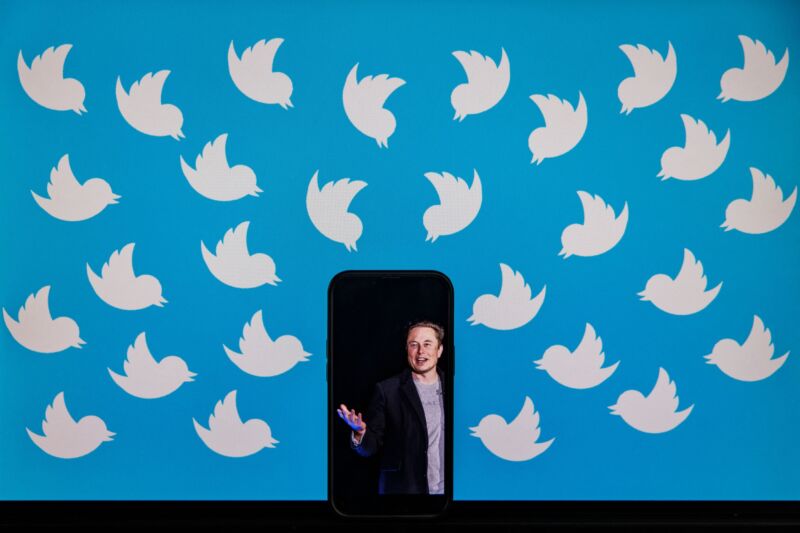
Delaware Court of Chancery Judge Kathaleen McCormick yesterday slammed Elon Musk for failing to provide text messages sought by Twitter. McCormick cited “glaring deficiencies” in the Musk side’s document production in an order partially granting Twitter’s request for more records, writing:
Plaintiff’s Fourth Discovery Motion identifies clear deficiencies in Defendants’ document production. Third parties produced text messages with Musk that Musk himself did not produce, and Musk’s own production of text messages revealed glaring deficiencies. As just one example, Defendants produced two texts sent to Musk from Robert Steel of Parella Weinberg Partners on June 17 at 9:57 a.m. and 10:15 a.m. The 9:57 a.m. text asks a question. The 10:15 a.m. text—stating “Ok. Got it. …”—implies that Musk responded. Assuming that Musk’s response was not telepathic, one would expect some evidence of it in Defendants’ document production. But Defendants provided none by the deadline for substantially completing document discovery.
McCormick further wrote that “Musk’s approach to answering interrogatories also left much to be desired.” After being ordered “to respond to interrogatories that required Defendants to identify persons with knowledge of relevant facts,” Musk’s side “supplemented their responses on August 26, but they did a bad job of it, identifying only a handful of people about whom Twitter was already aware.” Musk later supplemented that by identifying 491 “people with knowledge” but could have provided that information “much earlier,” the judge wrote.
“Defendants have now cured many of the deficiencies about which Plaintiff complained in its Fourth Discovery Motion. They accuse Plaintiff of jumping the gun and seeking sanctions prematurely, but I do not see it that way. I can understand why Plaintiff requires relief. Plaintiff has born[e] the bulk of the burden of discovery.”
Twitter had to provide an “onerous ‘historical snapshot’ that was the subject of Defendants’ Second Discovery Motion” and “documents from 42 custodians,” while Musk’s side “agreed to produce from just two custodians,” she wrote. “Defendants had less to do but still fell short in their obligations. Defendants’ prior deficiencies have left Plaintiff wondering whether there are other deficiencies and scrambling in third-party discovery.”
A Twitter filing on August 30 said, “as of last night’s substantial completion deadline, Twitter had produced more than 41,000 documents; Defendants fewer than 2,100.” Twitter said it also had “reviewed more than 210,000 documents,” over four times as many as the defendants.
Judge to Musk: There’s no time for “just kiddings”
McCormick issued that ruling and one other after 5 pm ET yesterday. The other ruling, resolving a Musk motion to compel production of Slack messages from additional people, also had pointed criticism of the billionaire who has been trying to pull out of an agreement to buy Twitter.
“Defendants gave Plaintiff the impression that they were seeking limited Slack custodians, only to then say that they never meant it. In this highly expedited case, there is no time for ‘just kiddings.’ Parties must be able to rely upon one another’s good faith proposals for the discovery process to function,” McCormick wrote.
McCormick described a “tedious” back-and-forth between the parties’ lawyers in which Musk’s side initially sought Slack messages from all 42 of Twitter’s custodians. The correspondence “bears out Plaintiff’s account that Defendants effectively abandoned their initial demand of 42 custodians in favor of a request [for documents from] only eight,” she wrote. But Musk later “changed tack and demanded that Plaintiff produce Slack messages from all 42 custodians.”
“Even if Defendants’ representations were inadvertent, Defendants cannot be permitted to re-trade now,” McCormick wrote.
https://arstechnica.com/?p=1879723

